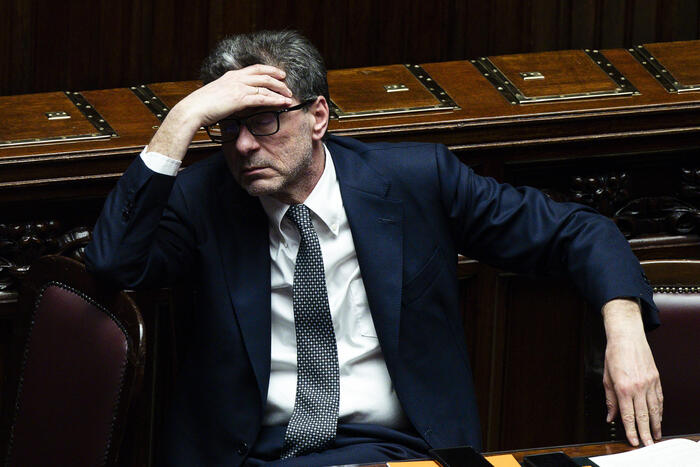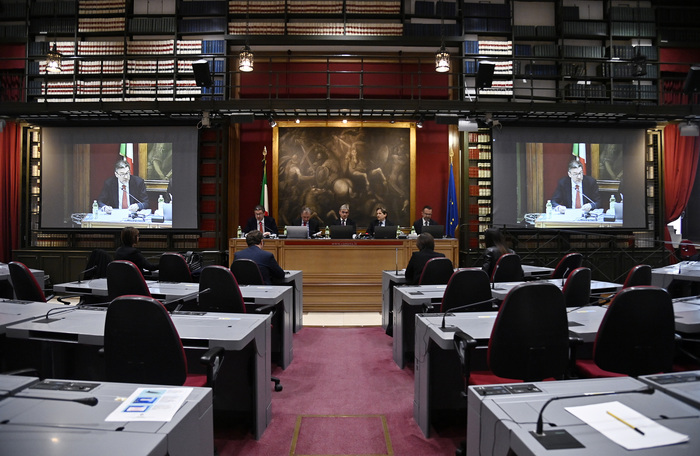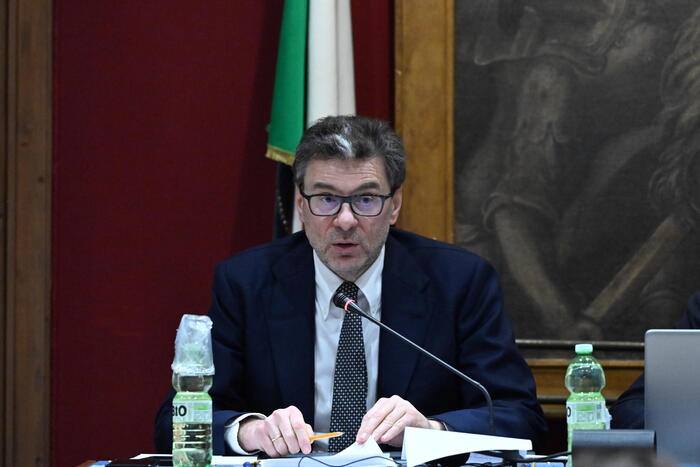A nurse prepares a dose of vaccine in Nairobi. Ben Curtis / AP
This is how the most ambitious vaccination in history progresses: almost 600 million doses in three months
If the new variants can be traced and isolated, and the populations patiently respect the confinements;
If vaccine chauvinism is avoided and citizens of poorer countries are immunized much faster, it is possible that the final act of covid-19 is starting.
But there are many conditionals in that sentence.
A virus with 30,000 letters in its genome should not be able to mutate very efficiently, and yet its expansive
fraternity
today has billions and billions of members who are trying their luck at random.
Even if all politicians and citizens were wise, the coronavirus could still smash our dream of getting out of this.
But this plague must end, if not this year, then next year.
When this is the case, we will be faced with a new world that will be situated beyond our reflections on the successes and failures of our capacity to resist, from the desire to reconnect and to recover what John Milton extolled when he wrote, in 1631: “ Cities delight us with their towers and the busy hubbub of men… ”.
The new world is our future, when the hum of the din resumes.
Bars, theaters, concerts, dinner with friends at the kitchen table.
The bustle of men and women will be old and new at the same time and will thrill us.
But we will have changed and knowing exactly how and what options we have is a work of the imagination, combining hope and prediction.
I have clung to two possible lessons learned.
The first, climate change.
This small reconstruction of the climate anxiety that has gripped us for 30 years has taken shape in just one year.
He had a familiar runrun.
Virus pandemics had often been predicted.
Some governments had reluctantly taken preventive measures, but most had not.
Some scientists and activists were concerned.
The rest of us looked away.
In our day, a pandemic seemed like something alarmist, straight out of a movie.
It was in the same category as a large meteor impact.
It was theoretically possible, but not worth wasting billions on.
Life had to go on.
Now we are inside that movie, which is also a routine of confinement, a boredom and, overwhelmingly, a tragic reality.
Covid is a dress rehearsal for all the havoc and misfortune that the climate emergency can cause.
We have seen hints of a planetary-sized disaster, the upcoming big movie trailer.
Countries have been forced to think in global terms (so far they have not been able to do so), act with scientific shrewdness, and spend money.
Now we must do it again for much longer.
We have few options.
We can act in the years that remain to try to keep the temperature within limits.
We can undertake large infrastructure projects in the hope of mitigating the most damaging effects.
If not, we will subsist in an eternal climatic confinement, sadly remembering how everything was before;
And that in the best case.
Many people are already having to leave their home.
Many of us will die.
The second, the Government.
When Ronald Reagan said that the government was not the solution but the problem, perhaps he was thinking about inflation.
But, in the space of two generations, his words have become an axiom for the right: the market can do things, the government cannot.
Something that is used every time you want to dismantle your "social model."
With the pandemic, this axiom has been crushed.
In America, the homeland of hostility to state intervention, Trump's failure to take strong action against the disease from the start has cost thousands of lives.
In the UK, the Johnson government decided to turn to business and spent billions, largely to no avail, and in some cases with neglect and cronyism.
After much pressure, it was discovered that there were inexpensive experts and advisers in the Administration itself.
The pandemic shows these two lessons.
We see our inequalities - racial, social, of opportunities - which are the responsibility of governments.
And that is mixed with images of floods, droughts and fires.
Markets need decarbonisation rules to be set by governments, locally and internationally.
The hope is that the vicissitudes have prepared us, thanks to the verification of two simple propositions: global catastrophes are possible;
and there are no solutions without good governance.
Ian McEwan
is a writer.
Translation by
María Luisa Rodríguez Tapia.
© Ian McEwan 2021. First published in 'The Wall Street Journal'.
Reproduced with permission of the author through Rogers, Colleridge & White Ltd.

/cloudfront-eu-central-1.images.arcpublishing.com/prisa/HTCUYNDVJQM3BYA3MEU6RWYIOA.jpg)






/cloudfront-eu-central-1.images.arcpublishing.com/prisa/OOLBKF5K4VFN7EA7IFFA4PMVUE.jpg)





